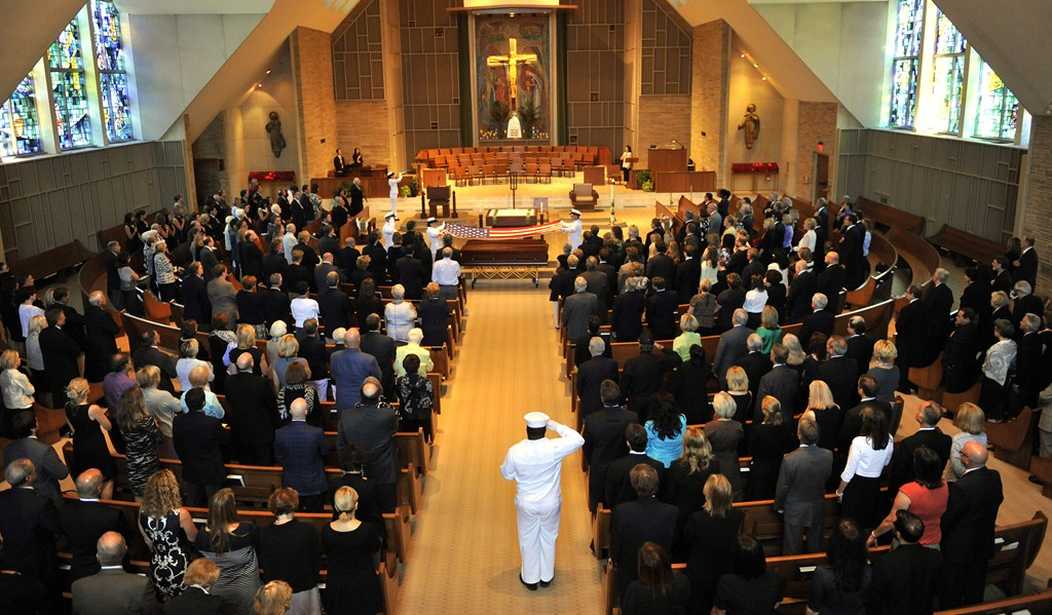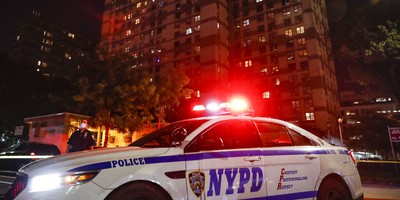Recently the U.S. Court of Appeals for the Second Circuit held that simply being exposed to a fellow citizen’s prayers, offered at a public governmental meeting, could constitute an “establishment” of religion. Fortunately, the Supreme Court of the United States is so concerned about the implications of the decision that it has agreed to review it.
In Town of Greece v. Galloway, Alliance Defending Freedom is representing the Town against two residents who objected to prayers offered by local volunteers at the Town Council’s meetings.
The case raises the important issue of what the First Amendment to the Constitution means when it states that “Congress shall make no law respecting the establishment of religion.”
America, of course, was founded by those who were committed to religious liberty, and they knew exactly what it meant to “establish” a religion. Nearly all the countries from which they fled—as well as most of the American colonies themselves—had churches operated in official conjunction with the government. Taxes were exacted from all citizens to support the state’s officially recognized churches, and oftentimes citizens were legally prohibited from practicing religious faiths other than the faith of the state’s established church. Violation of these laws subjected citizens to actual legal prosecution.
This legal compulsion to adhere to and financially support the beliefs and practices of a state-sponsored church is the “establishment” of religion the Founding Fathers were referring to and intended to prohibit by the First Amendment.
This is clear from Thomas Jefferson’s famous Virginia Statute for Religious Freedom, a precursor to the First Amendment. In it Jefferson decried the imposition of “temporal punishments” and “civil incapacitations” imposed on citizens based upon their religious beliefs. He also wrote against laws that “compel a man to furnish contributions of money for the propagation of [religious] opinions which he disbelieves.”
Recommended
Jefferson, however, would have been confounded by the argument that the First Amendment gives citizens a Constitutional right to be free from mere exposure to legislative prayers. After all, Jefferson himself, as Vice-President of the United States, presided for four years over the U.S. Senate, during which period the Senate always had an official chaplain who opened each day’s session with prayer.
For nearly 200 years, the Supreme Court interpreted the First Amendment in conformance with the Founder’s understanding. Indeed, just thirty years ago, in the case of Marsh v. Chambers, the Supreme Court held that a legislative body’s 16 year practice of paying a Presbyterian minister to deliver daily and often explicitly Christian prayers was a part of the fabric of our society and “not even a step” towards an establishment of religion.
Despite the Supreme Court’s clear holding in Marsh, however, some lower federal courts, as in Town of Greece, have recently held that legislative prayers do, in fact, “establish” religion if “too many” of the prayers are prayed in the Judeo-Christian tradition. The problem with such a conclusion—in addition to the fact that, in Marsh, the Supreme Court clearly rejected that position –is that such a holding runs counter to the historic understanding that what constitutes an “establishment” of religion necessarily involves some level of legally compelled behavior.
Legislative bodies that open in prayer do not compel any citizen to do anything. Citizens need not participate in or even listen to the prayers. And their refusal to do so does not in any way affect their right to full and active participation in civic affairs. Citizens who object to legislative prayers retain all the same rights and benefits every other citizen has and are not compelled to do anything against their conscience or beliefs.
Atheists and other radical secularists, of course, know this to be true. But claiming that the Constitution protects their sensitive psyches from having to be exposed to religious expressions with which they disagree provides them with the only ground they have to accomplish their real agenda – which is to rid the public square of any and all religious influence.
Marsh was rightly decided 30 years ago. The decision recognized that legislative prayer is as old as the Republic itself and reflected the fact that – as the Supreme Court stated - “we are a religious people.” It also treated citizens as they should be treated – like intelligent adults who not only can but should be exposed to ideas contrary to their own, rather than like children who need to be protected from having their overly-sensitive feelings bruised.
Fortunately, the Supreme Court has now agreed to revisit what the Constitution means when it prohibits the “establishment” of religion. We pray the Supreme Court affirms the wisdom of its prior decision and upholds the American tradition of free and unburdened legislative prayer—a practice stretching back to the very foundations of our country.

























Join the conversation as a VIP Member